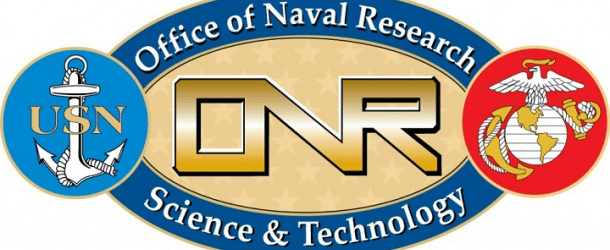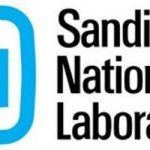Office of Naval Research Awards Research Team $7.5M to Develop New Type of Quantum Computer

(HPC.Wire) The Office of Naval Research has awarded $7.5 million to a multidisciplinary research team led by Jeremy Levy, Distinguished Professor of Condensed Matter Physics at the University of Pittsburgh, and four other universities to develop more effective quantum computers.
Jeremy Levy
Levy, who is also founding director of the Pittsburgh Quantum Institute, will lead this Multidisciplinary University Research Initiative involving quantum computers, which use the properties of quantum physics to store data and perform computations. The title of the project, “Topological Spin Qubits Based on Graphene Nanoribbons,” seeks to develop a new type of quantum bit or “qubit” based on tiny strips of carbon atoms called graphene.
Levy, the principal investigator, is joined by Pitt’s Hrvoje Petek, R.K. Mellon Professor in the Department of Physics and Astronomy. Other researchers include: Tyler Cocker from Michigan State University; Chang-Beom Eom from the University of Wisconsin-Madison; Philip Kim and Prineha Narang from Harvard University; and Alexander Sinitskii from the University of Nebraska-Lincoln. The $7.5 million grant will support interdisciplinary research over a five-year period, contingent upon satisfactory research progress and the availability of funds.
“Meeting all of the requirements for a scalable quantum computer is exceedingly challenging, and so far no approach has been able to address all of these requirements decisively,” Levy said. He noted the team’s approach combines advanced “top-down” lithographic capabilities with advanced “bottom-up” synthetic chemistry protocols, so that atomically precise graphene nanoribbons can be created and manipulated in ways that may be useful for future quantum computing architectures.



















